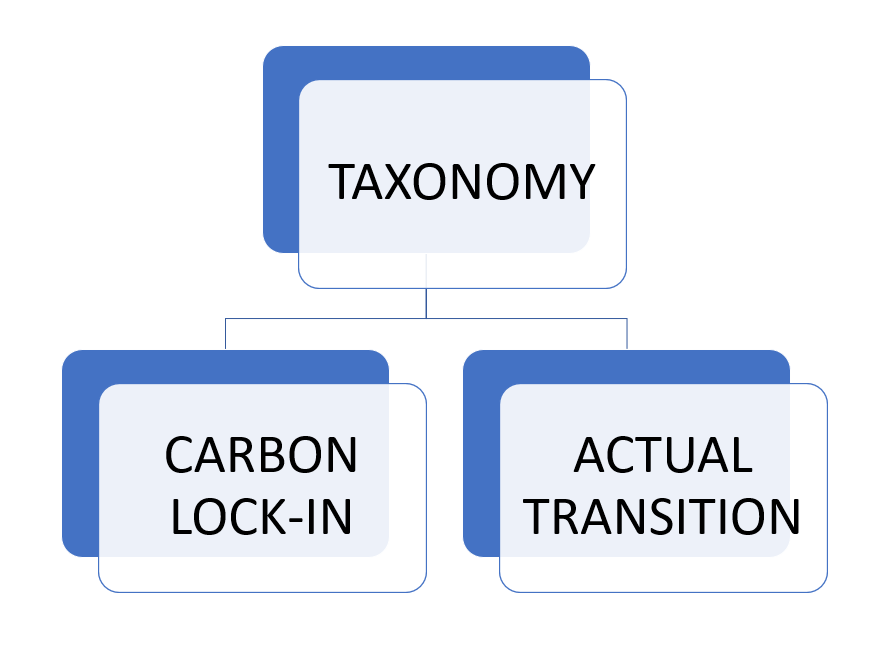Canadians are being inundated with advertisements by the Pathways Alliance that claim member companies are taking climate action to address their emissions. This would be a welcome change, if true.
Skepticism still exists because rising oil and gas emissions by Canadian oil and gas companies continue to undercut the country’s progress on climate. Moreover, Pathways member companies continue to lobby against a cap on these emissions, despite a majority of Canadians (including a slim majority of Albertans) supporting such a cap.
A key Pathways member is Cenovus, which claims to be aligned with net zero, despite its lobbying activities. With that in mind, last year we filed a resolution with the company asking it to “Produce a report outlining whether and how Cenovus is aligning its direct and indirect lobbying and public policy advocacy with its net zero goal.”
Surprisingly, Cenovus’ management supported the resolution and it received 98% shareholder support at the AGM. The question now is whether the company has adequately followed through on the spirit and intent of the proposal.
Since the resolution passed, Cenovus took preliminary steps to address the proposal. by improving board governance related to climate, releasing high-level positions on some climate issues, establishing principles for assessing trade associations including approach to misalignment, and making climate-related updates in its Code of Business Conduct & Ethics.
But, these marginal improvements fall short because Cenovus has not yet expanded its climate lobby reporting to be consistent with guidance from investors through Climate Engagement Canada or the Global Standard on Corporate Climate Lobbying. From this guidance, Cenovus still needs to add critical elements to have credible climate lobby disclosure, including:
- Public release of company’s climate-related lobbying activities, e.g. public official meetings and details on topics discussed, specific submissions and positions on climate policies/regulations in Cenovus’ operational jurisdictions; and
- Conducting and disclosure of its assessment of its trade associations’ climate positions/alignment with Cenovus’ net zero commitment. This review should also include a review of the trade associations’ specific climate-related legislation and regulation submissions plus a review of other lobbying communications from associated organizations like grassroots groups.
Investors still don’t know, for example, what Cenovus is asking elected officials and civil servants to do regarding the proposed emissions cap during its many lobbying meetings. Or, we are in the dark about the results from Cenovus’ evaluation of alignment between its net zero commitment and its industry associations like the Canadian Association of Petroleum Producers who continues to lobby for watered down climate commitments, while expanding fossil fuel production and infrastructure in Canada.
Tellingly, since Cenovus’ response to the shareholder proposal, the updated grade given to Cenovus by the global lobby benchmarker InfluenceMap is a “D,” with the commentary, “The company opposes emissions regulations in Canada and advocates for a long-term role for oil in the energy mix.”
The call for improved climate lobbying reporting is made because this area lacks transparency. This opaqueness creates skepticism about whether Cenovus’ climate lobbying is consistent with its stated climate commitments and public relations messaging.
Cenovus could address this skepticism by more transparently following guidance from investors and looking to peers who have better practices. Shell’s climate lobby disclosure has good transparency on specific climate and transition positions, and a robust review of alignment with its related industry association review.
Cenovus still has a way to go to meet the spirit and intent of the shareholder proposal that received 98% backing. We will be working again this year with Cenovus’ investors to call for improved climate lobby reporting.



